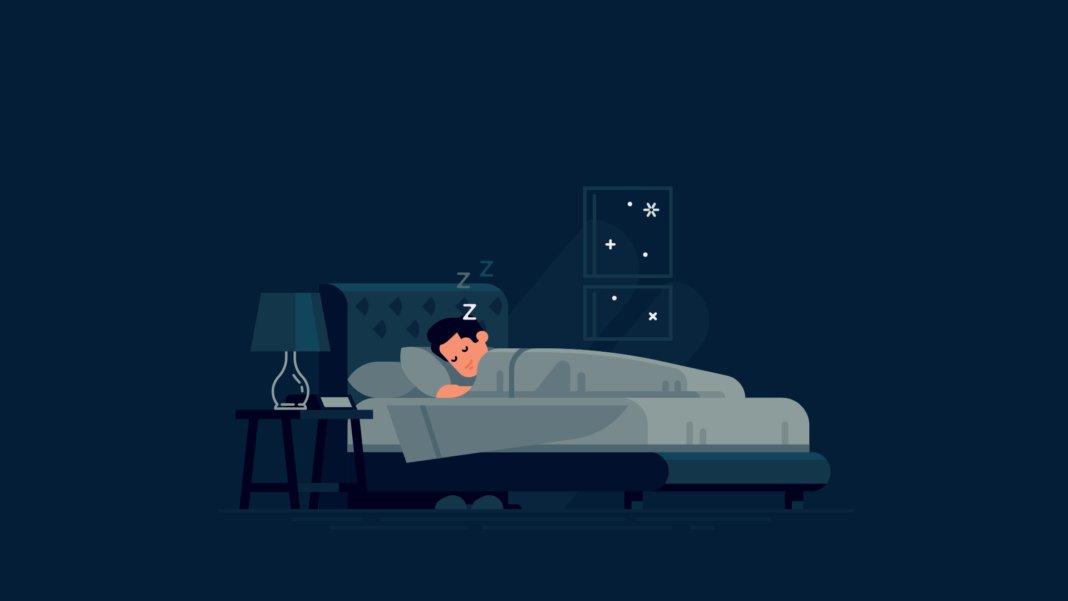You know what’s the number ONE problem youngsters complain about these days?
No, it’s not about too many new shows on Netflix or losing an AirPod (though that’ll come in second).
It’s SLEEP.
Not getting enough sleep. Not able to fall asleep. Not able to wake up fresh, and so on.
Some people follow a strict bedtime routine which works wonders, but some really struggle with falling asleep quickly and staying asleep for the most part of the night.
Each routine works differently for everyone, but forming one and sticking to it is crucial.
Read on to find out how you can get a peaceful night’s sleep in these chaotic times…
-
Stick to a Schedule

We can’t emphasize it enough. Sleeping and waking at a dedicated time regulates your body’s clock. Your body has its own regulatory system called the circadian rhythm. This internal clock cues your body to feel alert during the day but sleepy at night.
Once your body adjusts to this routine, it’s easier to fall asleep and wake up at the same time each day. So try to finish all your tasks before a dedicated time and set a daily alarm to wake up at the same time.
Lastly, give yourself 30 minutes to an hour to wind down in the evening before getting in bed. This allows your body and mind to relax and prepare for sleep
-
Don’t Look at the Clock

It’s normal to wake up in the middle of the night. However, the inability to fall back asleep can ruin your night.
People who do wake up in the night, tend to watch the clock and obsess over their sleeplessness. This behavior causes major anxiety that could eventually lead to insomnia.
If possible, it’s best to remove the clock from your room. If you need an alarm in the room, you can turn your clock and avoid watching it when you wake up in the middle of the night. This includes keeping your phone far away from your bed!
-
Make your bedroom sleep-friendly

Many people believe that the bedroom environment and its setup are key factors in getting a good night’s sleep.
These factors include temperature, noise, external lights, furniture arrangement, and even your mattress plays a crucial role here.
Avoid prolonged exposure to bright light, noise or electronic gadgets right before you go to bed. A well-ventilated room can also do wonders for your sleep, so if you’re not too cold/hot, prop that window open.
-
Clear Your Mind

A bedtime routine, whether it’s a warm bath, chamomile tea, skincare or meditation, helps clear your mind of all the worries you’ve accumulated during the day.
While yoga encourages the practice of breathing patterns and body movements, meditation can enhance melatonin levels and assist the brain in achieving a specific state where sleep is easily achieved.
You can try either of those or merely perform some deep breathing exercises right before your head hits the pillow. Light music and sleep-inducing apps like Calm and Pzizz have also proven helpful in clearing the mind.
Let us know if any of these tips work out for you!
